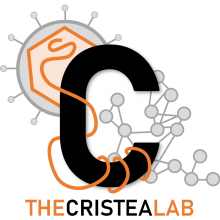Mitochondrial Function, Metabolic Regulation, and Human Disease Viewed through the Prism of Sirtuin 4 (SIRT4) Functions
Type
As cellular metabolic hubs, mitochondria are the main energy producers for the cell. These organelles host essential energy producing biochemical processes, including the TCA cycle, fatty acid oxidation, and oxidative phosphorylation. An accumulating body of literature has demonstrated that a majority of mitochondrial proteins are decorated with diverse posttranslational modifications (PTMs). Given the critical roles of these proteins in cellular metabolic pathways and response to environmental stress or pathogens, understanding the role of PTMs in regulating their functions has become an area of intense investigation. A major family of enzymes that regulate PTMs within the mitochondria are sirtuins (SIRTs). Albeit until recently the least understood sirtuin, SIRT4 has emerged as an enzyme capable of removing diverse PTMs from its substrates, thereby modulating their functions. SIRT4 was shown to have ADP-ribosyltransferase, deacetylase, lipoamidase, and deacylase enzymatic activities. As metabolic dysfunction is linked to human disease, SIRT4 levels and activities have been implicated in modulating susceptibility to hyperinsulinemia and diabetes, liver disease, cancer, neurodegeneration, heart disease, aging, and pathogenic infections. Therefore, SIRT4 has emerged as a possible candidate for targeted therapeutics. Here, we discuss the diverse enzymatic activities and substrates of SIRT4 and its roles in human health and disease.

